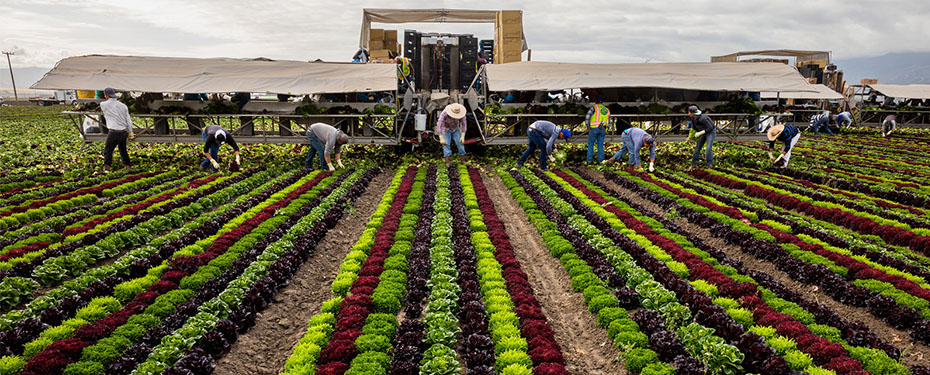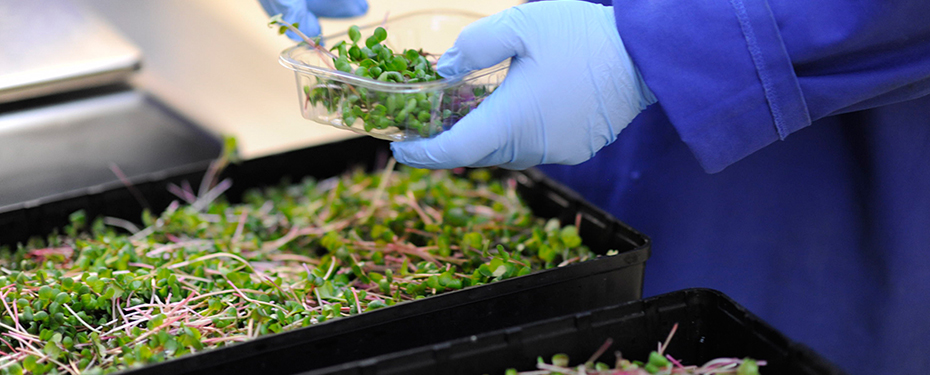Indian scientists say donít blame Nitrogen fertilizers for global warming
In a twist to climate change debate, Indian scientists have shown that there is a need to take into account cooling effects of Nitrogen used in agriculture while assessing its overall "temperature change potential" and not just its warming effect.
In a recent study published in journal Scientific Reports, scientists have reported that net global temperature change potential (GTP) of Nitrogen is substantially lower when both warming and cooling effects of its use in agriculture is considered.
The study has quantified global warming and cooling potentials of Nitrogen use in global agriculture during the last 50 years (1961-2010). The GTP of Nitrogen is 6.9 percent, lower in a 20-year period and 2.4 percent lower in a 100-year timescale.
The results are significant in that it would mean that use of Nitrogen in agriculture would not be looked at with so much concern as it is now. The consumption of Nitrogen fertiliser has been steadily going up in tandem with global population. It was about 12 million tonne in 1961. In 2010, it had gone up to 113 million tonne.
"The previous reports have evaluated the emission of N2O only due to Nitrogen use in agriculture for a short period. However, besides global warming due to N2O emission, Nitrogen use in agriculture has other direct and indirect effects causing warming and cooling. To assess the impacts of Nitrogen use on climate change, therefore, the warming as well as cooling effects, should be considered," researchers have said in their study.
Nitrous Oxide has been one of the major concerns of climate change experts as it has a long atmospheric lifetime (116 years), has high global warming potential (about 310 times that of the reference gas of Carbon Dioxide) and high GTP. However, Nitrous Oxide is not the only gas emitted by Nitrogen use in agriculture. Ammonia is also released and so are several other oxides of nitrogen. These have different impacts.
The other oxides of Nitrogen, for instance, remove methane from the atmosphere and this leads to cooling. These oxides enhance formation of light scattering sulphate and organic aerosols, which too, have a cooling impact. The use of Nitrogen in agriculture usually increases net primary production with more CO2 fixation in terrestrial systems. This enhances Carbon sequestration (a natural process by which Carbon Dioxide is removed from the atmosphere and held in solid or liquid form) in soil due to more litter production. These have a positive impact on the global climate.
Ideally, sushi is supposed to be eaten in one bite. If the piece is too big, eat it in two bites. If you pay attention to both the flavors and the textures, then you will be surprised with how mild and tender the fish is.
The study was conducted by RK Fagodiya, H Pathak, A Kumar, A Bhatia and N Jain at the Centre for Environmental Science and Climate Resilient Agriculture at the New Delhi-based Indian Agricultural Research Institute.





